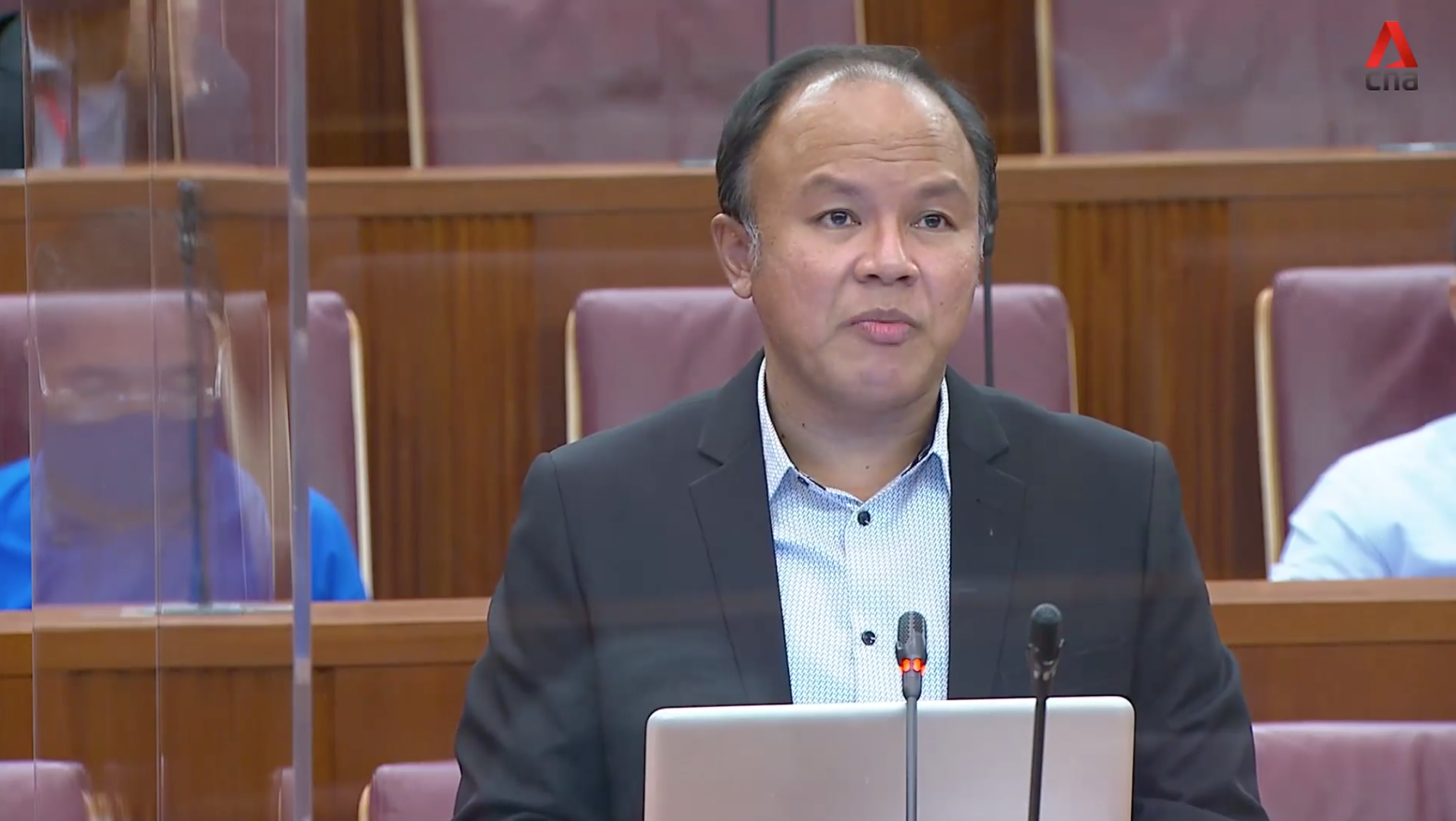by: Ravi Philemon/
In September 2008, TOC submitted a proposal to revamp the public transportation system which ‘underwhelmed’ the deputy chairman of the Government Parliamentary Committee for Transport, MP Ong Kian Meng.
The following is The Straits Times article dated 12 September 2008, outlining the proposal:
—
 IF THE Transport Ministry were run by the people behind the socio-political blog The Online Citizen (TOC), car owners would be one unhappy lot.
IF THE Transport Ministry were run by the people behind the socio-political blog The Online Citizen (TOC), car owners would be one unhappy lot.
The band of 15 say that, instead of giving road tax rebates to motorists, the Government should up the tax – and use the revenue to subsidise public transport.
They also recommend raising competition among transport operators, tracking them more closely and raising bus services’ performance benchmarks, such as cleanliness and timeliness.
These and other suggestions are contained in a 10-page report TOC released yesterday, ahead of its public forum at the Speakers’ Corner tomorrow evening.
The people behind TOC, which is headed by National University of Singapore law undergraduate Choo Zheng Xi, include former NTUC Income chief executive Tan Kin Lian and other professionals. They collated their ideas from two months of discussions.
Their report is underpinned by a falling proportion of Singaporeans using public transport: The proportion of people choosing this mode during the morning peak hours dipped from 67 per cent in 1997 to 63 per cent in 2004.
Among TOC’s suggestions:
- Review transport operators’ performances quarterly rather than yearly: Falling behind in service standards must come with penalties of at least $100,000.
- Beef up the clout of the Public Transport Council: It must do monitoring and enforcement rather than share this work with the Land Transport Authority.
- Encourage competition among transport operators when the Government takes over the planning of bus routes. The players need room for innovation so fares can be kept low.
- Move towards a CNG-only public transport fleet: CNG or compressed natural gas is cheaper than petrol and creates less pollution. The Government should subsidise the purchase of these “green” vehicles using the surplus from the national kitty; the remaining funds can come from increasing taxes on cars, TOC added.
- Promote the use of CNG-powered private cars: The Government should offer incentives so car owners will make the switch. More refuelling stations should be built to supplement the current two.
The deputy chairman of the Government Parliamentary Committee for Transport, however, seemed underwhelmed by the proposals. Among other things, MP Ong Kian Min said the proposals had started off on the wrong foot.
The report, he said, should examine land transport policy as a whole, rather than just home in on public transport.
He added: “Singaporeans aspire to own cars and we should allow that, subject to what our infrastructure can support.”
On using CNG vehicles more widely, he said it was a good long-term goal, but it was impractical to convert the public transport fleet to a CNG one overnight.
“There are several logistics issues to be addressed, such as the number of refuelling stations here,” he said.
But urban transport policy expert Paul Barter applauded TOC’s effort.
The assistant professor at the Lee Kuan Yew School of Public Policy said: “It is healthy to have a group come up with a report that has obviously been thought through.”
The Transport Ministry said it had not received any proposal from TOC, but would give it “due consideration” when it does so, as it does all other feedback.
—
—
See the article HERE.
—




